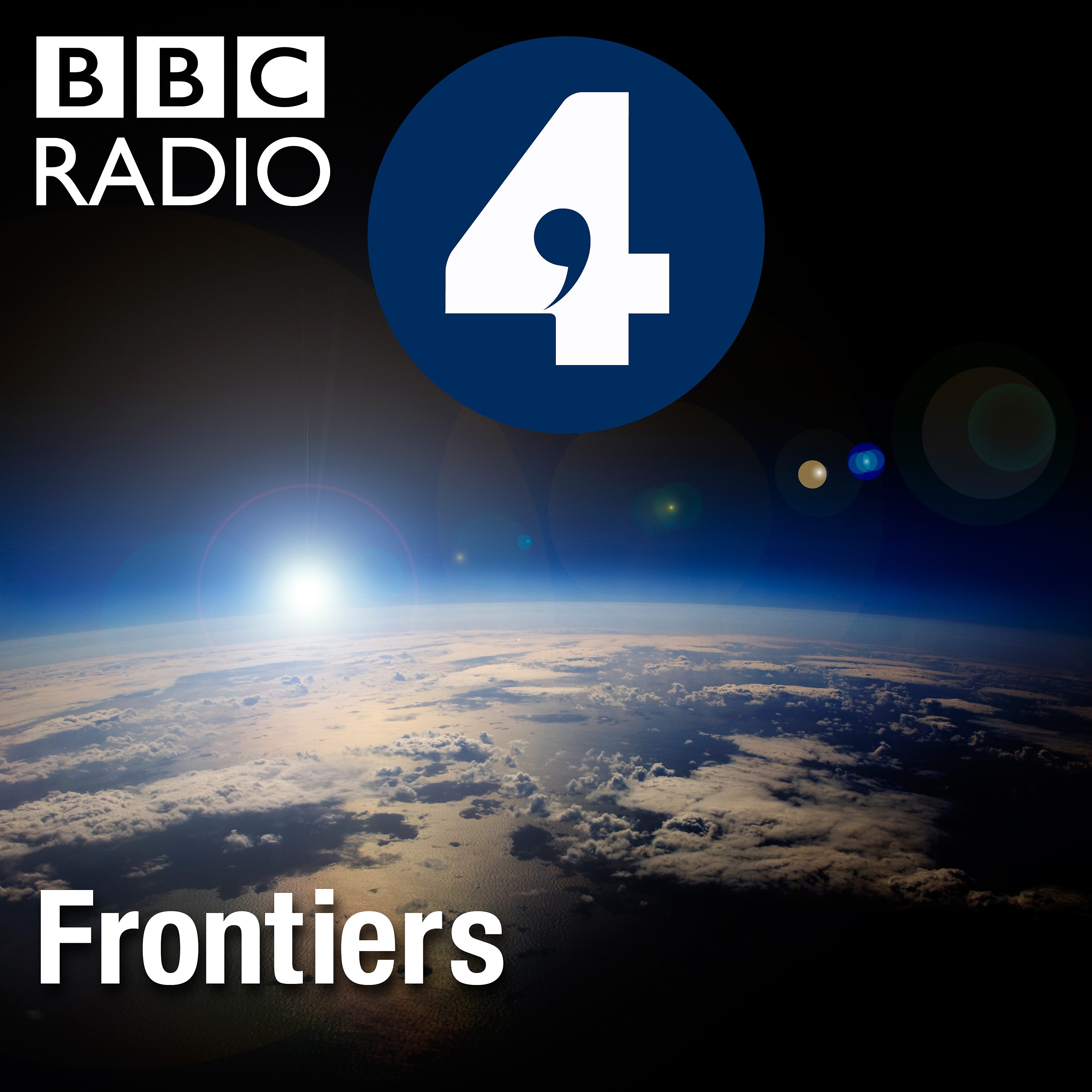05/12/2012
Description
A decade ago, the Human Genome Project revealed that only 1% of our DNA codes for the proteins that make our bodies. The rest of the genome, it was said, was junk, in other words with no function. But in September another massive international project, called ENCODE, announced that the junk DNA is useful after all. Adam Rutherford reports on the significance of this major discovery.
He visits the Wellcome Trust Sanger Institute outside Cambridge where the vast amount of data about our genome is produced and analysed. And he finds out how this new information is beginning to give insights into the origin and treatment of diseases, such as cancer.
Adam also discovers that the study of genomes has changed dramatically since he finished his PhD: it's now all done in machines and not at the lab bench.
More Episodes
Published 12/24/14
"e-Therapy" has come a long way since the (slightly tongue in cheek) days of ELIZA, a very early attempt at computer based psychotherapy. ELIZA was little more than an algorithm that spotted patterns in words and returned empty, yet meaningful-sounding questions back at the user.
All sorts of...
Published 12/24/14
Dr Hannah Fry investigates the hidden patterns behind terrorism and asks whether mathematics could be used to predict the next 9/11.
When computer scientists decided to study the severity and frequency of 30,000 terrorist attacks worldwide, they found an distinctive pattern hiding in the...
Published 12/23/14


